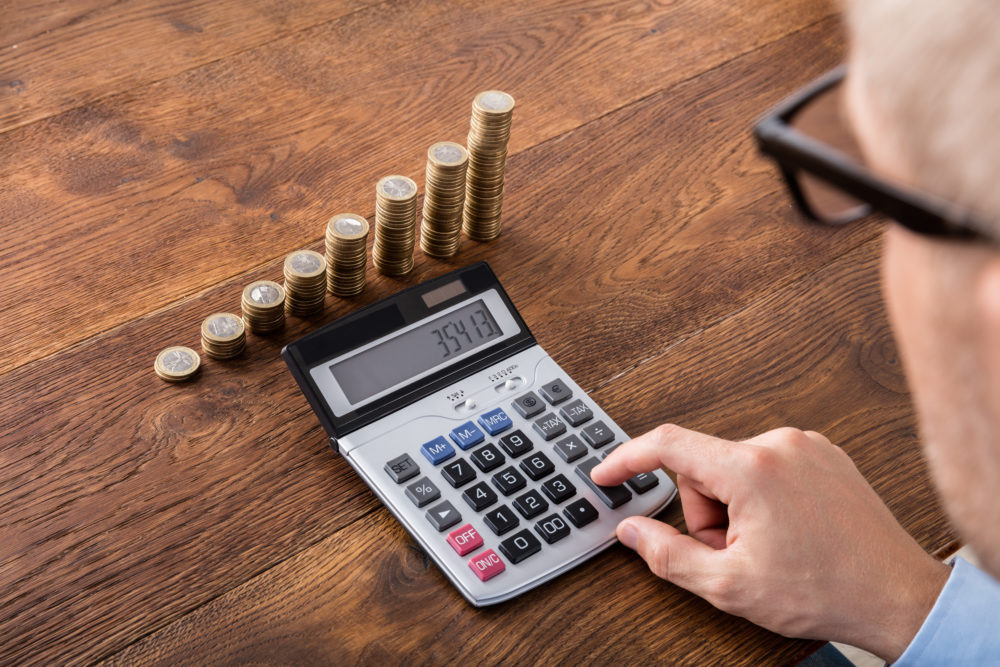For any investor, finding and investing in a promising asset is an exciting experience, and also one which can potentially be very lucrative. There ar
For any investor, finding and investing in a promising asset is an exciting experience, and also one which can potentially be very lucrative. There are, however, essential considerations which every investor needs to make in order to ensure that they know how much profit they will make from investments overall.
One of these considerations is tax, which can often seem like a labyrinthine maze given all the different categories and brackets. As such, here is some useful information for those investors looking to learn more about the tax they may have to pay on profits.
Which Taxes Apply?
It is worth starting by pointing out that different taxes will apply to different investors, depending entirely on the level of profit they make as well as how much income they may earn from other sources. The type of investment is also important, as some are taxed heavily whilst others are not taxed at all.
Those involved in forex trading through an online trading broker, for instance, would usually have to pay Capital Gains Tax and potentially stamp duty on any profits they make from successful investments in this market. As such, it is important for any investor to know exactly which tax brackets they fit into as well as which types of tax they will be required to pay.
Capital Gains Tax
One of the most common taxes amongst the investor community, Capital Gains Tax applies to anyone who profits from selling assets (such as shares, property, bonds) for a higher price than they purchased them. It is applied only to the profit they make, and not to the overall price of the asset. If, for instance, an investor bought a house for £200000 and sold it for £225000, then they would pay tax on the £25000 profit.
The profit on any given investment will be subject to Capital Gains Tax only if it exceeds £11300. There are also different rates of Capital Gains Tax, which depend on the investor’s overall income. Basic rate taxpayers pay 10% on their profits, whilst higher rate investors will pay 20% (18% and 28% respectively when applied to property).
Dividends
Dividends are shares of a company’s profits which are paid to those investors which have bought shares in them. Once again, there are different rates applied to different investors, as well as different ways that the tax must be paid.
An investor only has to pay tax on dividends if the profits they make exceed their dividend allowance. Basic rate taxpayers pay 7.5%, higher rate taxpayers pay 32.5% and additional rate taxpayers pay 38.1% on any taxable dividends they receive. If the dividends received equate to less than £10000, then tax can be paid by contacting HMRC, who will change the investor’s tax code. If they equate to more, then a self-assessment tax form must be filled in.
Investor Considerations
For investors, the main goal is to maximise profits and minimises losses. As such, it is important to look into ways in which they may be able to get tax relief, as well as how they can avoid overpaying tax.
There is, for example, a huge difference between Capital Gains Tax rates and Income Tax rates, with Capital Gains usually working out much cheaper. If it is possible for an investor to have their profits classified as capital gains rather than income tax, they stand to make far more profit, so they should endeavour to look for ways in which they can do this.
There are many different taxes which apply to different investments. As such, it is important that investors always do their research and accurately calculate how much profit they will receive after the correct amount of tax has been taken away.



















































































































COMMENTS